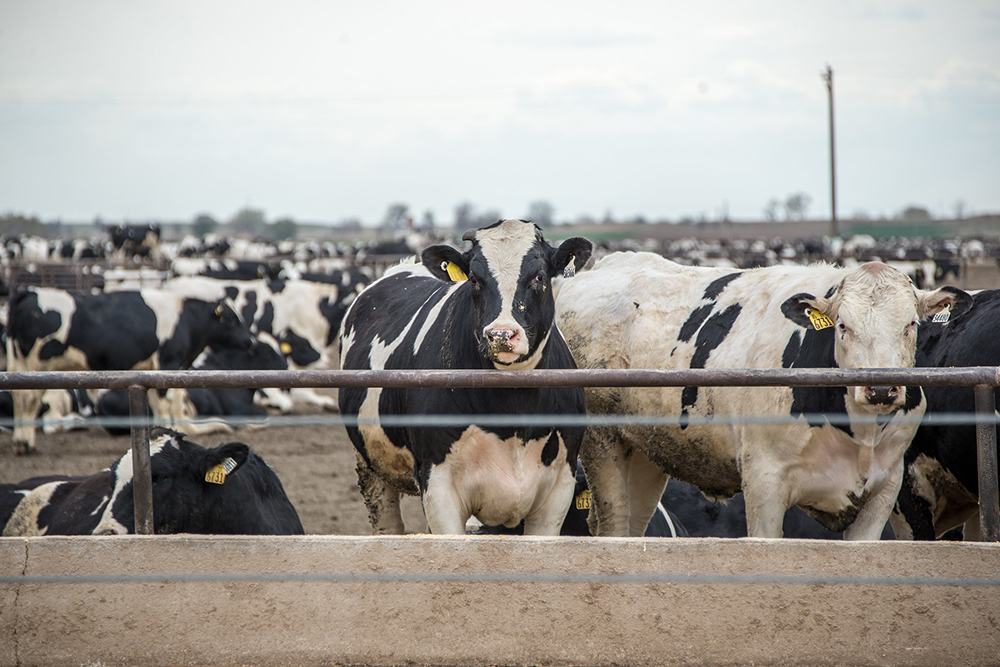
The agriculture industry in the Midwest is a well-developed market system streamlined for two crops: corn and soybeans.
These crops are mostly grown to feed livestock or produce alternative forms of fuel like ethanol and have become the image the public has come to associate with farming in the Midwest. To meet the incredible demand for corn and soybeans, agriculture has become more specialized with production concentrated into larger and larger operations. Family farms have largely become a thing of the past. Farmers either have to keep up with, and join, these highly industrialized practices or are they forced out of business.
When it comes to raising livestock, many farmers are often contracted to corporate parents that control the entire supply chain – from all the inputs and animals to distribution, processing, and packaging. This leaves farmers subject to the whims of corporate buyers and forced to comply with production practices outlined by the corporate owner. Without a vertically integrated supply chain like often seen for conventional meat, many farms find it too challenging and expensive to raise and sell sustainable meat. Average farm income in Minnesota is at its lowest in over 20 years, mainly due to this continued drive for consolidation.
- More than 95% of farm animals in the United States are raised in factory farms
- The majority of beef, poultry, and pork markets are controlled by the top four processors in the industry (Tyson, Cargill, JBS, and ADM) with similar consolidation for corn and soybean farming
- Tyson Foods alone makes up about 20% of the beef, poultry, and pork markets - it supplies one out of every five pounds of meat that people in the U.S. consume
- These companies use the feed grown in the Midwest to finish raising their animals in feedlots and concentrated animal feeding operations (CAFOs) before processing, packaging, and ultimately selling their product to food service companies, restaurants, and supermarkets
- While there may appear to be a wide variety of brands on the shelves, majority of the meat we eat falls under the control of these few industry leaders (For example brands Tyson operates include Jimmy Dean, Hillshire Farm, Ball Park Franks, State Fair, and Sara Lee)
